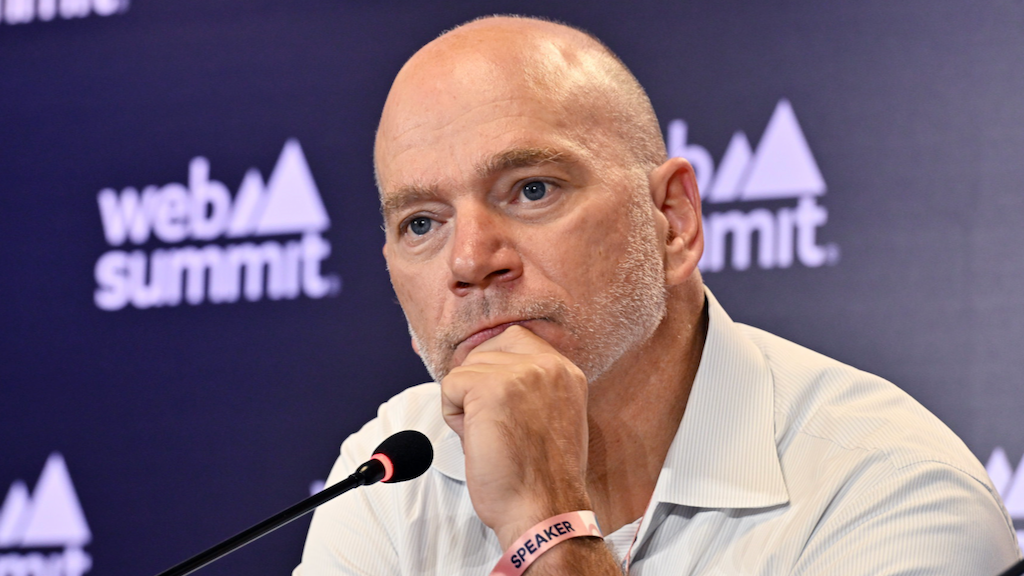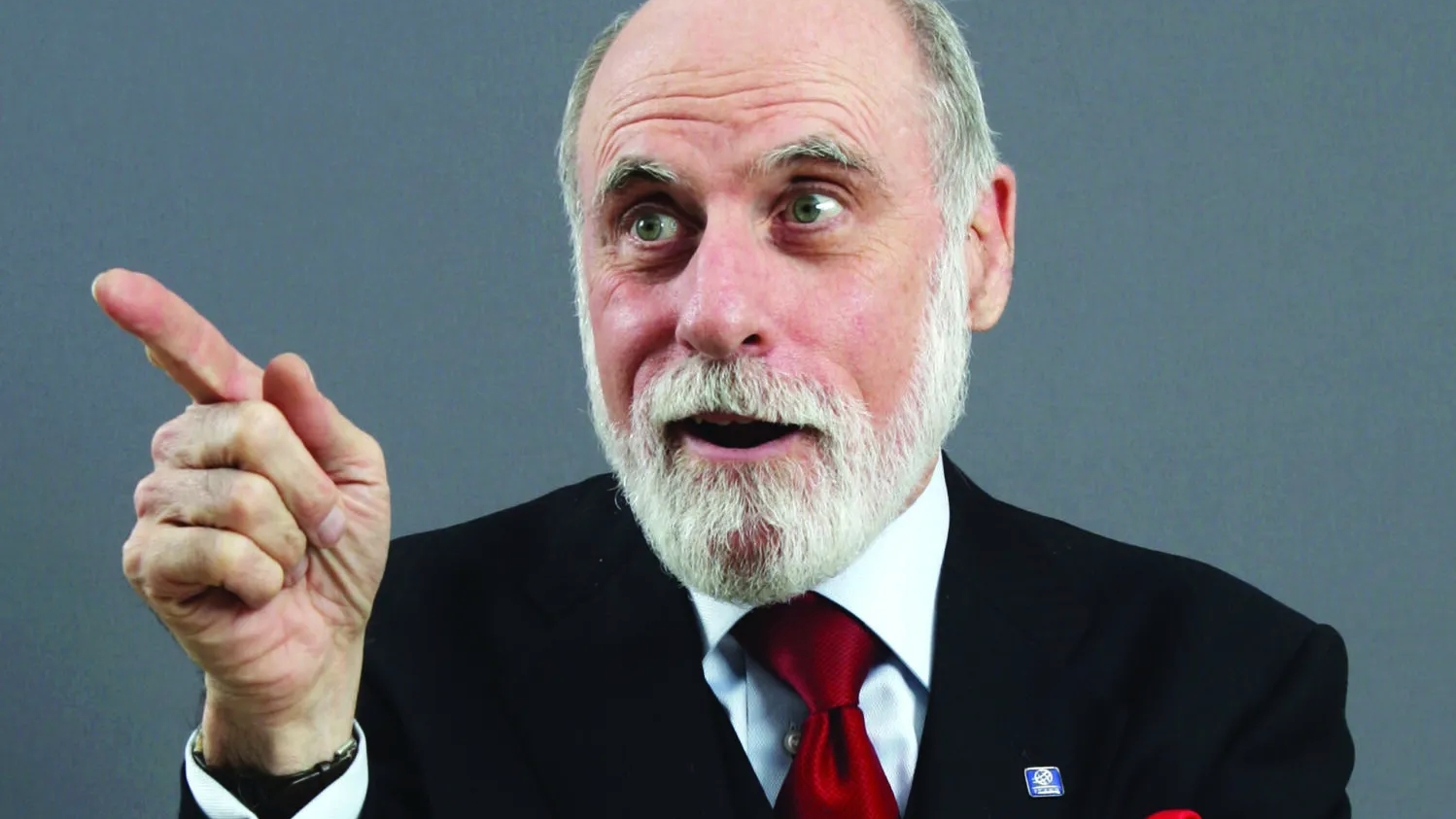To navigate a dizzying array of challenges, today’s leaders need a sense of personal purpose that can transcend even company purpose.
“You can’t be emotionally and physically agile and intelligent without a sense of personal purpose,” said Lowinn Kibbey, global head of Johnson & Johnson’s Human Performance Institute, “You have to ask, ‘Does the work have significant enough meaning in your life?’”
Speaking at a dinner of about 50 of the speakers and panelists who will be appearing at Techonomy NYC this week, Kibbey reflected on how a personal sense of purpose can help leaders navigate the increasingly complex and demanding business environment.
Too often, he said, leaders mistake their company’s purpose for their personal purpose, confusion that can drive poor choices.
“There’s a rolling crisis, a failure to take responsibility,” he said. “An organization can have a powerful purpose, but you need to be clear about what brings meaning to your own life.”
Kibbey cautioned that as organizations change, leaders must consider whether that change is still in line with their values – and think hard about the implications of their tactical decisions, which may be on strategy but veer away from their values.
“Who are you becoming as you chase,” he said. “The world is changing fast, and you have to help drive that change, but you have to focus on the ‘how’. Your personal purpose is an energy system that can create a legacy.”
Today’s demands on business leaders are a long way from when senior executives’ jobs were to create stability and predictable earnings. Now, successful business cultures are those that are leading change, which creates a paradox: if you’re focused on change management, you’re already behind.
“You have to ask, ‘how do you create the wave, not surf it’,” Kibbey said. “You’ll win if you’re the disruptor, not by being good at change management. You need to be able to see around not the first or second, but the third, corner. And you need to be clear on your sense of purpose since things are changing so quickly.”
Kibbey’s perspective opened up a wide-ranging discussion about leadership among his fellow Techonomy NYC speakers, a group that included corporate executives, startup founders, policy makers, and venture capitalists.
There is a disconnect between purpose at work and purpose at home, one participant said, leading to a confusion of values.
“We have lost the borders between work and home,” he said. “Leaders today are more adrift.”
The CEO of a large tech company said the acceleration in the pace of change has forced him to rethink the relationship between his vision for the company and its organizational design.
“You need to be more adaptive,” he said.
Others pointed to corporate culture as a critical influence, both for good and for bad.
The solution? Kibbey called for “character-driven leadership,” a mix of tough mindedness and compassion. Character, he said, can be built.
“What we do know in working with athletes and corporate executives is you can actually build your character muscle,” he said. “You can build it over time. You can build a sense of purpose and meaningful relationships in your life.”
Today’s Leaders Need a Sense of Personal Purpose
Speaking the night before the kickoff of Techonomy NYC this week, J&J's Lowinn Kibbey reflected on how a personal sense of purpose can help leaders navigate the increasingly complex and demanding business environment.

Techonomys David Kirkpatrick







